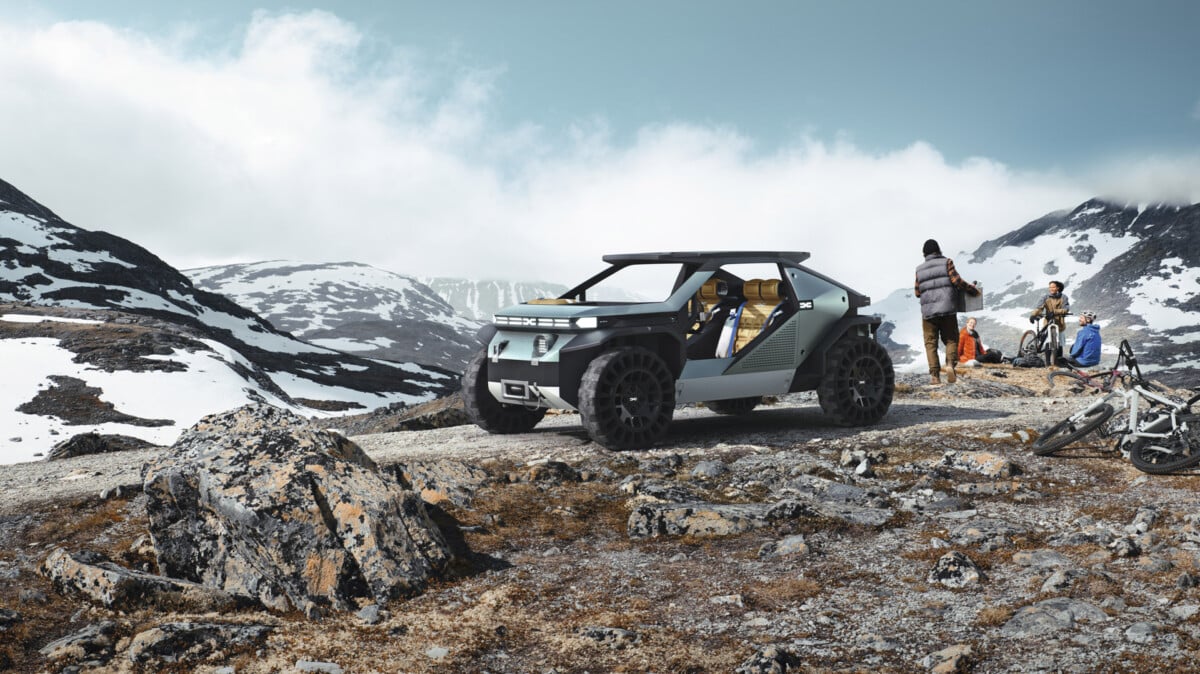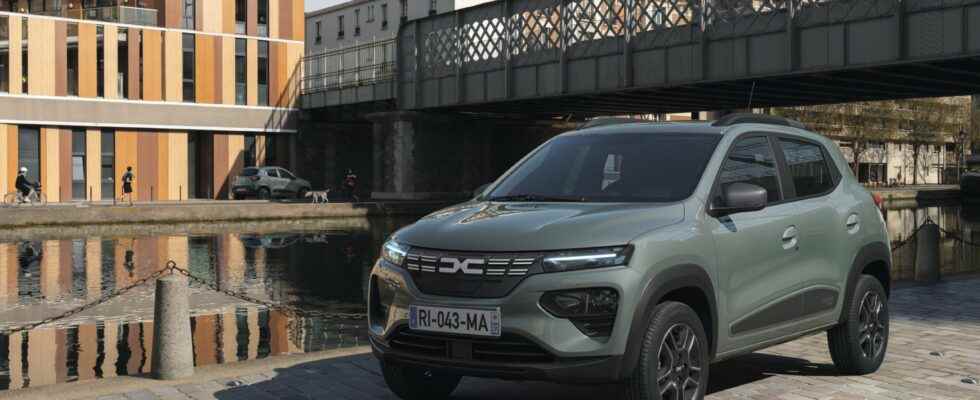Renault’s low-cost subsidiary plans to continue to produce and market thermal vehicles after 2030, when its parent company must go all-electric.
All-electric? At Dacia, we will see as late as possible. This is what should be remembered from recent statements by Denis Le Vot, boss of the low-cost subsidiary of the Renault group, who for his part plans to switch to 100% electric after 2035, and especially not before. This transition would then take place six years after that promised by Renault (in 2030), and would materialize on the deadline set by European regulators. After 2035, the sale of combustion engine vehicles will indeed be (virtually) prohibited within the European Union.
” Renault will strive to be the champion of electric motors, which involves a risk “, In particular estimated Denis Le Vot, who sees Dacia as a kind of counterweight to the potentially “risky” strategic decisions of its parent company. ” This is also Dacia’s raison d’être. Depending on how quickly the market converts to electric motors and customer appetite, Dacia is there. Both can coexist “, he continued.
Dacia: gradual electrification, depending on the fall in prices
Dacia’s transition to electric has however begun, with the launch of its Spring (which currently represents 12% of orders placed by the brand’s customers, notes Automotive News). The firm also unveiled a few days ago an “electric” buggy concept tailored for adventurers.
However, Dacia does not want to get carried away: its objective is always to offer vehicles at low prices (including for its activities in emerging countries), which implies a gradual transition to all-electric, as technologies required and batteries will become more affordable.

In the meantime, Dacia intends to rely on hybrid models to seek its balance in this critical period for the automotive industry. In particular, the firm is due to launch its Dacia Jogger hybrid crossover in 2023, based on Renault E-Tech technology, itself introduced in 2020.
As specified Automotive News, Renault must for its part unveil next month its strategy aimed at creating two distinct divisions, one for electric vehicles, the other for those which will always be based on thermal engines. An internal reorganization necessary for the group, a pioneer in electricity thanks to its alliance with Nissan and the Renault Zoé, but which has (at least in part) been left behind in this field by the competition, particularly German and American.
To follow us, we invite you to download our Android and iOS application. You can read our articles, files, and watch our latest YouTube videos.


